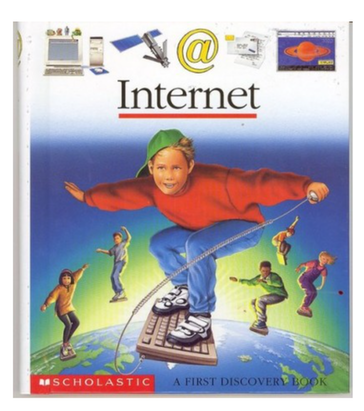It’s no surprise that the metaverse would look to have its own standards but the biggest thing we can learn from the history of internet standards? We’ve been here before.
Standards are like technical specifications or criteria and have been around for over 7000yrs since the time of ancient Egypt and Babylon reports Standards Australia.
But let’s take the internet.
Imagine if there were no fixed rules on how web content should be created or how browsers should present that information to people.

Imagine if web developers had to make a website for every single browser.
Or that browsers, to separate themselves from the competition, added features and functionality which made serving up the content a constant nightmare for web developers.
Sounds far-fetched right?
Not really.
This is how the internet worked up to the development of web standards in the 1990s as outlined in this article in Smashing Magazine from 2019.
“When standards were introduced, browser makers were encouraged to adhere to a standardized way of doing things — resulting in cross-compatibility becoming easier for content makers and there no longer being the need to build multiple versions of the same website.”
Back to the future?
Right now we are in what we will say are pre-metaverse standards time.
Where VR/AR content has to be developed for specific devices, where backward compatibility is a pain, and where cross-compatibility and interoperability are a goal on the horizon.
The newly formed Metaverse Standards Forum spearheaded by The Khronos Group with members such as Meta, Microsoft, Nvidia EpicGames, Adobe, and countless other technology companies pioneers in the development of VR/AR (including we aim Snobal 🙂 ) are seeking to address this.
Through prototyping, hackathons, and the development of open-source tools the aim is to make it easier for developers to build across platforms as well as help develop shared terminology thereby building an open and inclusive experience for all.
Shared language
Shared language and terminology is slightly ironic given that it appears that the word ‘metaverse’ is itself causing confusion about what the term means.
Once again we will need to go back to the 1990s and the internet to realize we have been here before.
In the 1990s people often did not know how to explain what the internet was like this 2015 NextWeb article outlines.
Remember the term “surfing the internet”? (ahem…you will if you are a certain vintage). This was how Scholastic a US publishing and media company, used the term to help kids understand the internet (image below).
And TIME magazine looked to another analogy – the information highway.

Still, others used terms like ‘world wide web’ or ‘the web’.
It can be easy to forget now that the internet was not pervasive when it was launched to the public in 1991. It took time for shared understanding, language, and standards to develop.
In fact it was not until October 24, 1995, that the Federal Networking Council (FNC), a U.S.organization, unanimously agreed on a definition for the ‘Internet’:
“Internet” refers to the global information system that — (i) is logically linked together by a globally unique address space based on the Internet Protocol (IP) or its subsequent extensions/follow-ons; (ii) is able to support communications using the Transmission Control Protocol/Internet Protocol (TCP/IP) suite or its subsequent extensions/follow-ons, and/or other IP-compatible protocols; and (iii) provides, uses or makes accessible, either publicly or privately, high level services layered on the communications and related infrastructure described herein.
Source: www.internetsociety.org
And it was this shared terminology and standards that really enabled the internet to take off. That and the decrease in the price of computers enabling more consumers to purchase one.
Metaverse or metaverse? Maybe it depends on if you think its important
Also, have you noticed the capital ‘I’ in the definition above?
Because even whether the word ‘internet’ was capitalized (Internet) or non-capitalized (internet) was up for debate in the 1990s / early 2000s as this Wired article outlines and it was also construed as a ‘political choice’.
(de)capitalization is a political choice. Capitalizing the word Internet connotes that the technology is important, something few people would dispute. But rote capitalization also treats the complex, dynamic internet like a static object, contributing “to the types of simplistic dialogues about our technological future that are most problematic…
Source: Wired.com
So there you have it. Metaverse standards are in some sense a logical next step. Our task now is to learn from the lessons of the past.
This post originally appeared on Snobal Weekly. Signup to receive your copy delivered directly to your inbox each week.

